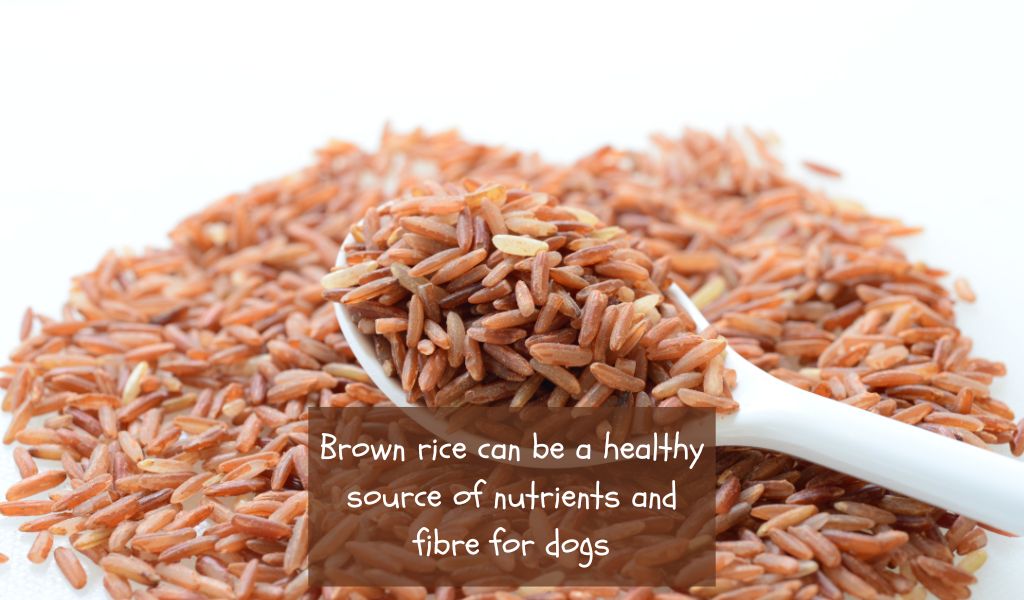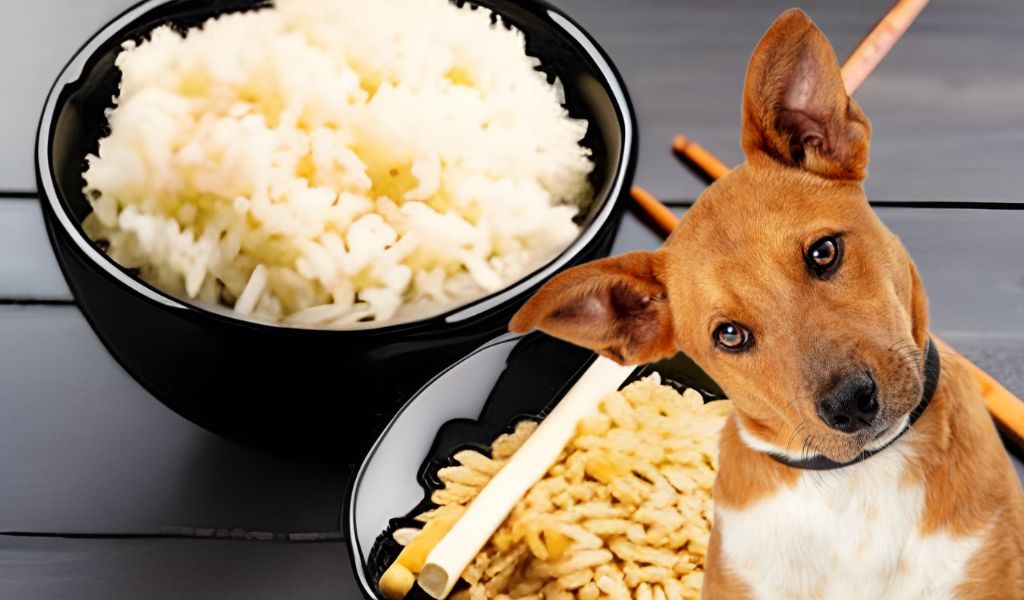As a pet owner, you want to ensure that your dog is getting the best possible nutrition.
This includes feeding them the right type and amount of food to support their overall health and wellbeing.
Brown rice is a popular food that many pet owners consider adding to their dog’s diet.
But is brown rice good for dogs? In this article, we’ll explore the potential benefits and risks of feeding brown rice to your canine companion.
Brown rice can be good for dogs when fed in moderation and prepared properly. It provides essential nutrients, supports digestion, and may even help with weight management.
What is Brown Rice?
Before we dive into whether or not brown rice is good for dogs, let’s first understand what brown rice is.
Brown rice is a whole grain that is unpolished and retains its outer bran layer, which gives it a characteristic brown colour.
It’s a nutrient-dense food that is high in fibre, vitamins, and minerals, making it a popular choice for humans looking to improve their diet.

The Benefits of Brown Rice for Dogs
Provides essential nutrients: Brown rice is a great source of fibre, magnesium, and selenium, which are all essential nutrients that your dog needs to maintain good health.
Supports digestion: The high fibre content in brown rice can help regulate your dog’s digestive system and prevent constipation.
Low glycemic index: Brown rice has a lower glycemic index than other types of grains, meaning it won’t cause a spike in your dog’s blood sugar levels.
May help with weight management: Brown rice is a low-fat, low-calorie food that can help your dog maintain a healthy weight.
Risks of Feeding Brown Rice to Dogs
Can be hard to digest: While brown rice is a good source of fibre, too much of it can cause digestive issues in some dogs, including bloating and diarrhoea.
May contain arsenic: Brown rice can contain higher levels of arsenic than other types of rice, which can be harmful to your dog’s health if consumed in large amounts.
Can cause allergic reactions: Some dogs may be allergic to brown rice, which can cause symptoms like itching, skin rashes, and gastrointestinal issues.
How to Feed Brown Rice to Your Dog
If you decide to feed your dog brown rice, it’s important to do so in moderation and prepare it properly.
Here are some tips to keep in mind:
Cook the rice thoroughly: Make sure to cook the rice thoroughly to make it easier for your dog to digest.
Serve in small portions: Serve brown rice in small portions to prevent digestive issues.
Mix with other foods: Mix brown rice with other healthy foods like lean proteins and vegetables to create a balanced meal for your dog.
FAQs
Can I feed my dog brown rice every day?
While brown rice can be a healthy addition to your dog’s diet, it’s not recommended to feed it every day. It’s best to serve it in moderation and as part of a balanced diet.
Can brown rice cause diarrhoea in dogs?
While brown rice is a good source of fibre, too much of it can cause digestive issues in some dogs, including diarrhoea.
Can dogs be allergic to brown rice?
Yes, some dogs may be allergic to brown rice, which can cause symptoms like itching, skin rashes, and gastrointestinal issues.
Conclusion and final thoughts
So, is brown rice good for dogs? The answer is yes, in moderation and when prepared properly.
Brown rice can provide essential nutrients and support digestive health in dogs. However, it’s important to remember that every dog is different, and some may not tolerate brown rice as well as others.
Always consult with your veterinarian before making any significant changes to your dog’s diet.




